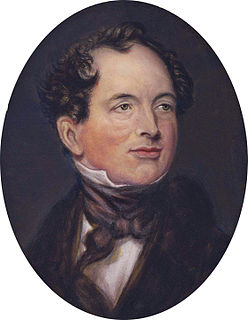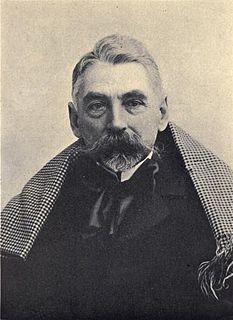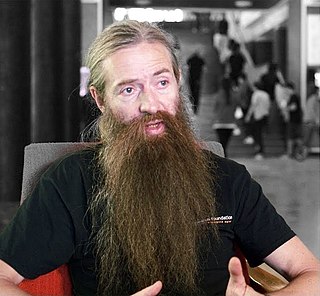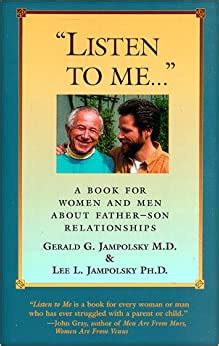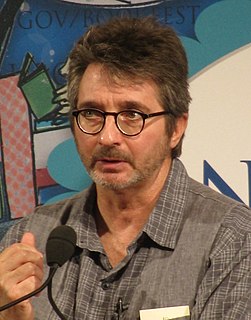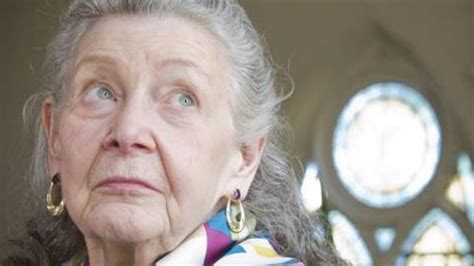A Quote by Thomas Moore
When we relate to our bodies as having soul, we attend to their beauty, their poetry and their expressiveness. Our very habit of treating the body as a machine, whose muscles are like pulleys and its organs engines, forces its poetry underground, so that we experience the body as an instrument and see its poetics only in illness.
Related Quotes
While the body is young and fine, the soul blunders, but as the body grows old it attains its highest power. Again, every good soul uses mind; but no body can produce mind: for how should that which is without mind produce mind? Again, while the soul uses the body as an instrument, it is not in it; just as the engineer is not in his engines (although many engines move without being touched by any one).
There is only beauty / and it has only one perfect expression / poetry. All the rest is a lie /except for those who live by the body, love, and, that love of the mind, friendship. For me, Poetry takes the place of love, because it is enamored of itself, and because its sensual delight falls back deliciously in my soul.
... regard this body as a machine which, having been made by the hand of God, is incomparably better ordered than any machine that can be devised by man, and contains in itself movements more wonderful than those in any machine. ... it is for all practical purposes impossible for a machine to have enough organs to make it act in all the contingencies of life in the way in which our reason makes us act.
Poetry is not efficient. If you want to learn how to cook a lobster, it’s probably best not to look to poetry. But if you want to see the word lobster in all its reactant oddity, its pied beauty, as if for the first time, go to poetry. And if you want to know what it’s like to be that lobster in the pot, that’s in poetry too.
Realizing that our minds control our bodies while our bodies reflect our minds amounts to understanding the most fundamental aspects of ourselves. It further equals a comprehension of the relationship between our "tools." And since the mind and body are interrelated, this understanding makes it easier to see why coordinating them is a practical way of using these tools to greatest effect-a way of using the mind and body to live our lives as art.
When people decide to talk publicly about poetry as an art form and how it's received, they often get very abject about it: "Nobody reads poetry," and then a thousand people write back, "No, we read poetry." There's an abundance of this negative preaching to the choir, and it's very similar to the experience I'm having.
Our soul, our true self, is the most mysterious, essential, and magical dimension of our being. In fact, it is not a separate reality, as traditional Western thought views it, but the cohesive force that unites our body, heart, and mind. It is not a ghost trapped somehow in the physical machinery of our body but the very essence of our being.
